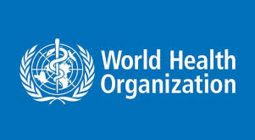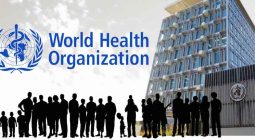WHO and partners are launching a global network to help protect people from infectious disease threats through the power of pathogen genomics.
The International Pathogen Surveillance Network (IPSN) will provide a platform to connect countries and regions, improving systems for collecting and analyzing samples, using these data to drive public health decision-making, and sharing that information more broadly.
The IPSN brings together experts worldwide at the cutting-edge of genomics and data analytics, from governments, philanthropic foundations, multilateral organizations, civil society, academia and the private sector.
COVID-19 highlighted the critical role pathogen genomics plays in responding to pandemic threats. Without the rapid sequencing of the SARS-COV-2 genome, vaccines would not have been as effective, or have been made available so quickly. New, more transmissible variants of the virus would not have been as quickly identified.
The IPSN will tackle these challenges through a global network, connecting geographies and disease-specific networks, to build a collaborative system to better detect, prevent and respond to disease threats.
By connecting countries, regions, and wider stakeholders, the IPSN will help to increase critical capacity, amplify regional and country-level voices, and strengthen their priorities.
Meanwhile, cholera is making a devastating comeback.
According to WHO, in May last year, 15 countries had reported cases, but by mid-May this year “we already have 24 countries reporting and we anticipate more with the seasonal shift in cholera cases,” said Henry Gray, WHO’s Incident Manager for the global cholera response.
The UN health agency estimates that one billion people in 43 countries are at risk of cholera with children under five particularly vulnerable.
Southeastern African nations– Malawi, Mozambique, South Africa, Tanzania, Zambia and Zimbabwe are at high risk of cholera.
According to the WHO, 18 million doses of vaccines have been requested globally, but only eight million have been made available.






